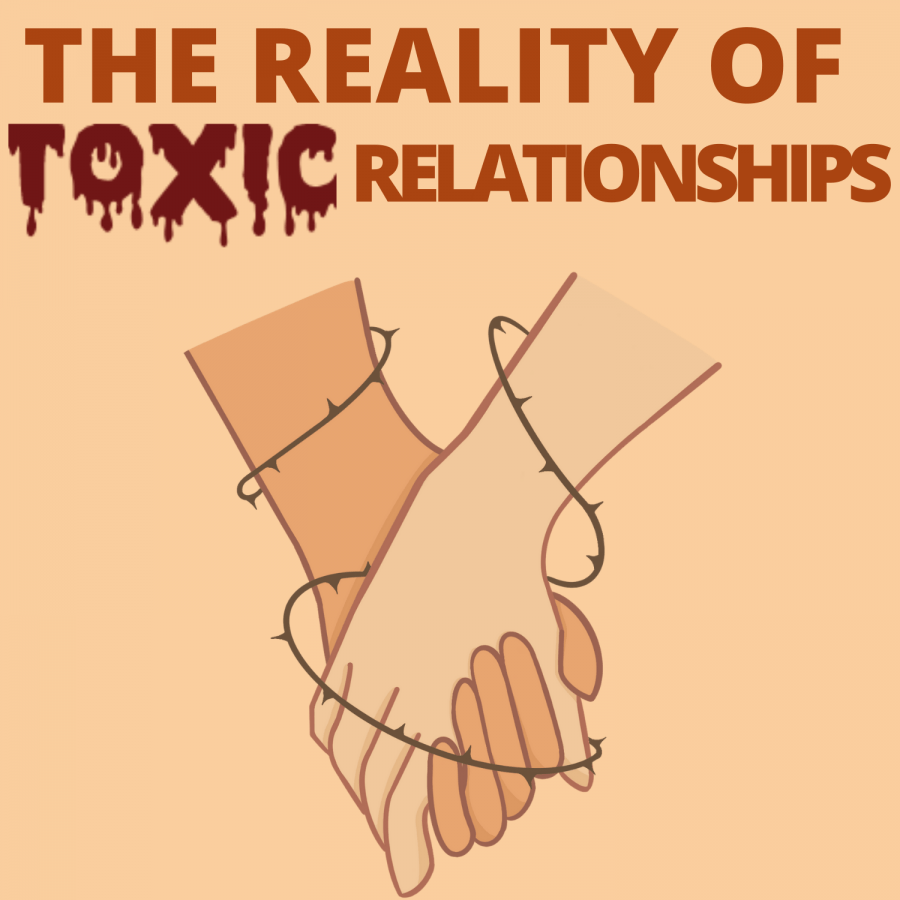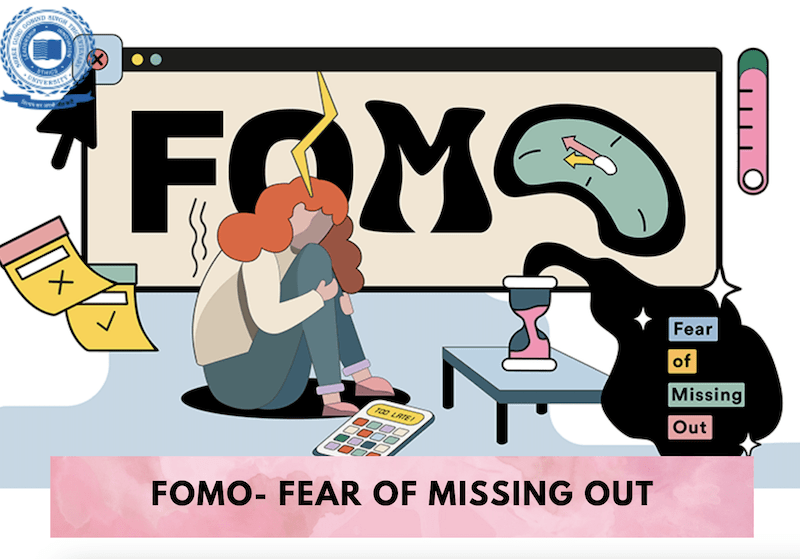Noticing toxic people is an essential skill that can help people protect their mental health and well-being.
Toxic people can be found in all areas of life, from personal relationships to the workplace. They can hurt those around them, causing stress, anxiety, and other mental health issues.

Identifying toxic behaviour is the first step in noticing poisonous people. This can include behaviours such as manipulation, gaslighting, and emotional abuse. It is essential to pay attention to how people make you feel and to trust your instincts.
Understanding the impact of toxic people on your life can also help you to notice them. Toxic people can drain your energy and leave you feeling exhausted and depleted.
Learning how to deal with toxic people is essential to noticing them. This can include setting boundaries, assertive communication, and seeking support from friends, family, or professionals. Moving on from toxic relationships can also be a challenge, but it is essential to remember that you deserve to be treated with respect and kindness.
Key Takeaways
- Identifying toxic behaviour is the first step in noticing poisonous people.
- Toxic people can hurt your mental health and well-being.
- Learning to deal with toxic people and moving on from unhealthy relationships are essential steps in protecting your mental health.
Identifying Toxic Behaviour
Toxic behaviour can be hard to identify, but it is important to recognise it in order to protect oneself from its negative effects. Here are some ways to identify toxic behaviour:
Spotting Manipulative Tactics
Toxic people often use manipulative tactics to control those around them. These tactics can include gaslighting, guilt-tripping, and playing the victim.
Gaslighting is when someone manipulates another person into questioning their own reality, making them doubt their own memory and perception.
Guilt-tripping is when someone makes another person feel guilty for something they have not done, often by using emotional blackmail. Playing the victim is when someone portrays themselves as the victim in a situation, even if they are causing the problem.
Recognising Emotional Abuse
Emotional abuse can be as damaging as physical abuse, and toxic people often use it to control those around them.
Emotional abuse can include belittling, name-calling, and controlling behaviour. Belittling is when someone makes another person feel small or worthless, often by criticising them publicly or privately.
Name-calling is when someone uses insulting or derogatory language towards another person. Controlling behaviour is when someone tries to control every aspect of another person’s life, often by limiting their freedom and independence.
In conclusion, being able to identify toxic behaviour is an important skill to have in order to protect oneself from its negative effects. By spotting manipulative tactics and recognising emotional abuse, one can start to take steps to distance themselves from toxic people and create a healthier environment for themselves.
Understanding the Impact of Toxic People
Toxic people can have a significant impact on one’s mental health and personal relationships. Understanding the effects of toxic people is crucial to recognizing their behaviour and avoiding their negative influence.
Effects on Mental Health
Toxic people can cause a range of mental health issues in those around them. They can create feelings of anxiety, depression, and low self-esteem. They may also cause stress, leading to physical health problems such as headaches, digestive issues, and high blood pressure.
One of the most severe impacts of toxic people is the development of complex trauma. This type of trauma can cause long-term psychological damage and may require professional treatment to overcome.
Impact on Personal Relationships
Toxic people can damage personal relationships, leading to isolation and loneliness. They may manipulate and control those around them, causing emotional distress and making it difficult for others to trust them.
Toxic people can also cause conflict within relationships, leading to arguments and tension. They may be unwilling to compromise or take responsibility for their actions, making it challenging to resolve conflicts.
Recognizing the behaviour of toxic people is crucial to protecting one’s mental health and personal relationships. By setting boundaries and limiting exposure to toxic people, individuals can avoid the negative impact of their behaviour.
How to Deal with Toxic People
Dealing with toxic people can be challenging, but it is essential to protect your mental and emotional health. Here are some strategies to help you deal with toxic people:
Setting Boundaries
Setting boundaries is crucial when dealing with toxic people. It helps you protect yourself and your well-being. Here are some tips to help you set boundaries:
- Be clear and direct: Communicate your boundaries clearly and directly. Let the toxic person know what you will and will not tolerate.
- Please stick to your boundaries: Once you have set them, stick to them. Please do not allow the toxic person to cross them.
- Say no: Learn to say no when the toxic person asks you to do something that goes against your boundaries.
- Avoid engaging: Avoid arguments or discussions likely to lead to conflict. Toxic people thrive on drama and conflict.
Seeking Professional Help
Dealing with toxic people can be emotionally draining. Seeking professional help can help you cope with the stress and anxiety of dealing with toxic people. Here are some options to consider:
- Therapy: A therapist can help you develop coping strategies and provide emotional support.
- Support groups: Joining a support group can help you connect with others dealing with similar issues.
- Self-help books: Reading self-help books can provide you with tools and strategies to deal with toxic people.
Remember, dealing with toxic people is not easy, but it is essential to protect your mental and emotional well-being. By setting boundaries and seeking professional help, you can learn to cope with toxic people and live a healthier life.
Moving On from Toxic Relationships
Dealing with toxic people can be challenging and emotionally draining. It is important to recognize toxic relationships and take steps to move on from them.
This section will guide how to heal and recover from toxic relationships and build healthy relationships.
Healing and Recovery
Healing from a toxic relationship can take time, but it is important to take steps towards recovery. Here are some tips to help with the healing process:
- Acknowledge the toxicity: The first step to healing is acknowledging that the relationship was toxic. It is important to recognize its negative impact on your life and take responsibility for your own healing.
- Seek support: It can be helpful to seek support from friends, family, or a therapist. Talking about your experiences and feelings with someone you trust can be cathartic and help you process your emotions.
- Practice self-care: Self-care is important during the healing process. This can include activities such as exercise, meditation, or spending time in nature. Taking care of your physical and emotional needs can help you feel more grounded and resilient.
- Let go of resentment: Holding onto resentment can prevent you from moving on. It is important to work towards forgiveness and let go of any negative feelings towards the toxic person.
Building Healthy Relationships
After healing from a toxic relationship, it is important to build healthy relationships moving forward. Here are some tips for building healthy relationships:
- Set boundaries: Setting boundaries is important for maintaining healthy relationships. It is important to communicate your needs and expectations clearly and respectfully.
- Practice effective communication: Effective communication is essential for building healthy relationships. This includes active listening, expressing your thoughts and feelings clearly, and being open to feedback.
- Focus on positivity: Focusing on positivity and gratitude can help build healthy relationships. This includes expressing appreciation for others, focusing on the good in people, and avoiding negative gossip or criticism.
- Choose wisely: When building new relationships, it is important to choose wisely. Surrounding yourself with positive and supportive people can help you maintain a healthy and happy life.
Moving on from toxic relationships can be challenging, but it is important for personal growth and happiness. Individuals can move forward with confidence and positivity by focusing on healing and building healthy relationships.









